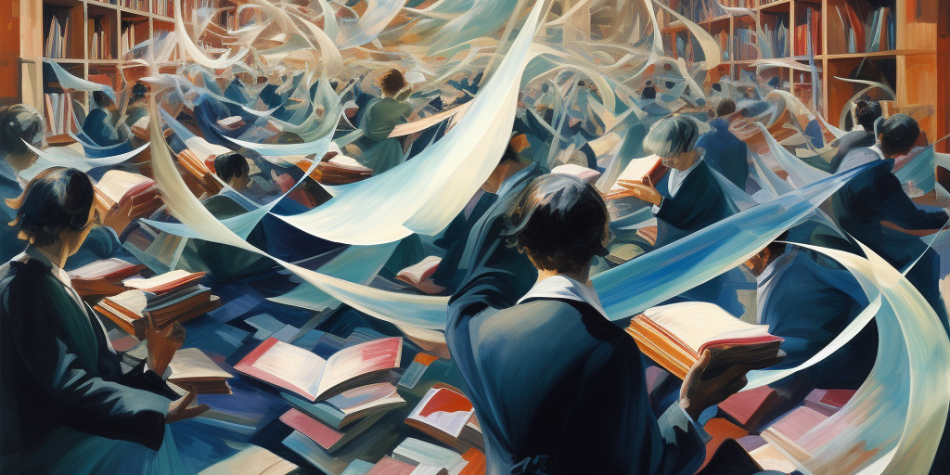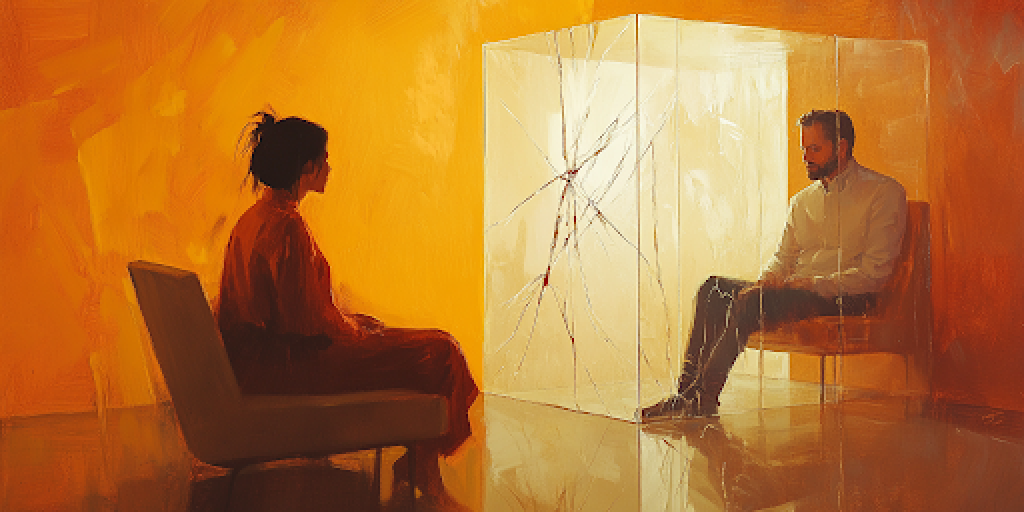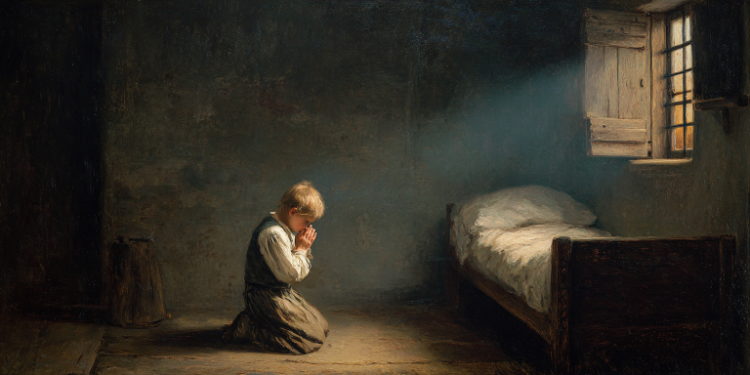For a period of American life, the nightly news was a foundational civic space. As late as the 1970s, more than 70% of Americans trusted the news media. Those who have a great deal of trust in the media are now down to 8%.
Much has been written about the fractious consequences of this loss. But anyone concerned about the ability of our democracy to survive should want to prevent the loss of another shared, trusted civic space: The Public Library.
The public library is a deeply American institution. While libraries have existed in some form for thousands of years, what we think of as a library today was invented in New Hampshire. Publicly available knowledge to a voting populace was important for democracy to thrive.
Today there are nearly 17,500 public libraries in the United States—more libraries than McDonalds. But as conversations about which books to acquire for and weed from public and school libraries have increased, librarians are increasingly finding themselves in the political crosshairs.
Many librarians are frustrated by this and place the blame on opportunistic politicians and upstart right-wing media, while others embrace the political dynamics and cast themselves as the defenders of open discourse.
Both of these narratives are natural. But if adopted and stuck to, both narratives have the power to erode trust in our public libraries and consign them to the many institutions Americans can no longer share because they are not trusted to serve those across worldview differences.
Here’s the bottom line: Librarians aren’t neutral. In 2020, employees of the American Library Association (ALA) donated to democratic candidates and causes 100% of the time. And in the previous election cycle, all librarians donated to Democrats at a rate of 419:1.
This disparity in those who are attracted to the library as a career need not be fatal on its own. Many careers, such as pediatricians, have large partisan disparities but are nevertheless trusted to do their jobs. Librarians are, by and large, committed public servants with a strong ethic of neutrality. However, the lack of ideological diversity among the ranks of librarians can create groupthink that prevents librarians from recognizing what it means to be neutral.
Today there is a comprehensive ideology that adopts premises from psychoanalysis and critical theory that many Americans largely accept, particularly on the political left. This ideology (or religion as I’ve previously described it) is largely viewed as self-evidently true, similar to how Jains view their faith, so the idea that it is an independent world-view that should not be given default preference is often difficult to conceptualize for those who adhere to this belief-system, especially those where there is not a significant amount of ideological diversity.
Among the ideas of this ideology is that neutrality is impossible. The thinking here is that society represses marginalized groups (an ideology the new religion doubles down on with its Rogerian humanism) and that because attempting to be neutral allows that harm to continue, it is not, in fact, neutral. Librarians, who adhere to this worldview, replace neutrality in their ethical imagination with inclusiveness. Inclusiveness can feel as though it meets the ethical burden of neutrality because it welcomes everyone (as long as they hold the same worldview).
While inclusiveness is a legitimate and important goal for public spaces, inclusiveness cannot replace neutrality without risking the legitimacy of the space.
This ethic of inclusiveness over neutrality can be found in the books that librarians have sought to remove from libraries. In addition, the books acquired for and weeded from library collections are often ignored in conversations about book banning. The end result can be a library that privileges certain worldviews and their criteria for which books to carry while decrying members of the public they serve for doing the same thing.
This ideological worldview not only informs library decisions on a sub-conscious level, but many voices are specifically calling for acquisitions and weeding to include these ideological considerations in these processes.
This has led to a situation where members of one political party have near complete control over what appears on the shelves of local libraries and have functionally abandoned neutrality as a premise for those decisions. This is while those with concerns are being told they are the ones politicizing the library. Inclusiveness cannot replace neutrality.
This naturally precludes those whose concerns were disparaged from seeing the library as a space where their ideas will be given an equal hearing.
This death cycle has a likely end that we have seen many times before, complete and total loss of institutional trust. And if you think your political opponent is an idiot now, just wait until they don’t go to their library for the same reason they won’t watch ABC News.
I imagine pointing out the reality of this cycle is frustrating for those pushing for libraries to replace neutrality with inclusivity. They likely conclude that it isn’t fair that those people on the other side will simply opt-out rather than continue to engage with an institution that they deem antagonistic. They likely see their views not as a distinct ideology, as I have framed them, but self-evidently true, and they should be able to pursue them in public institutions like libraries without dealing with the threat of losing even more trusted civic spaces.
I certainly sympathize with these concerns. Those who want a better world often seek out institutions they can use to help create that world. And I certainly don’t begrudge their desire to do so. Frankly, I hope they do create institutions where they can promote their ideas and work toward their solutions. But our few remaining neutral civic spaces are not the place.
Neutrality may be difficult for an individual to create on their own. We all have our own biases. I certainly do. Librarians certainly do too. But regardless of your worldview about whether neutrality can be achieved, neutrality does exist as an ideal. Striving toward that ideal rather than being perfect at achieving it produces the conditions of trust that allow our shared civic spaces to thrive.
So this is my plea. Librarians, we need you. You preside over one of the few areas still trusted by those on the right and left in our increasingly divided society. I understand that many of you have deep and strong concerns about how some in your community would choose books, events, and decorations for your library. The way forward is not to reject these community members in pursuit of a vapid “inclusiveness” that leaves half of Americans feeling unincluded.
The answer instead is to recognize this new and predominant worldview as a distinct ideology that you must be neutral toward rather than a default. Our civic history is replete with examples of people setting aside their biases in pursuit of neutrality. If librarians can recognize the ideological pull at the heart of this conflict, they can also make efforts to correct this in how they conduct their work and create a library that is truly welcoming for all Americans.

















